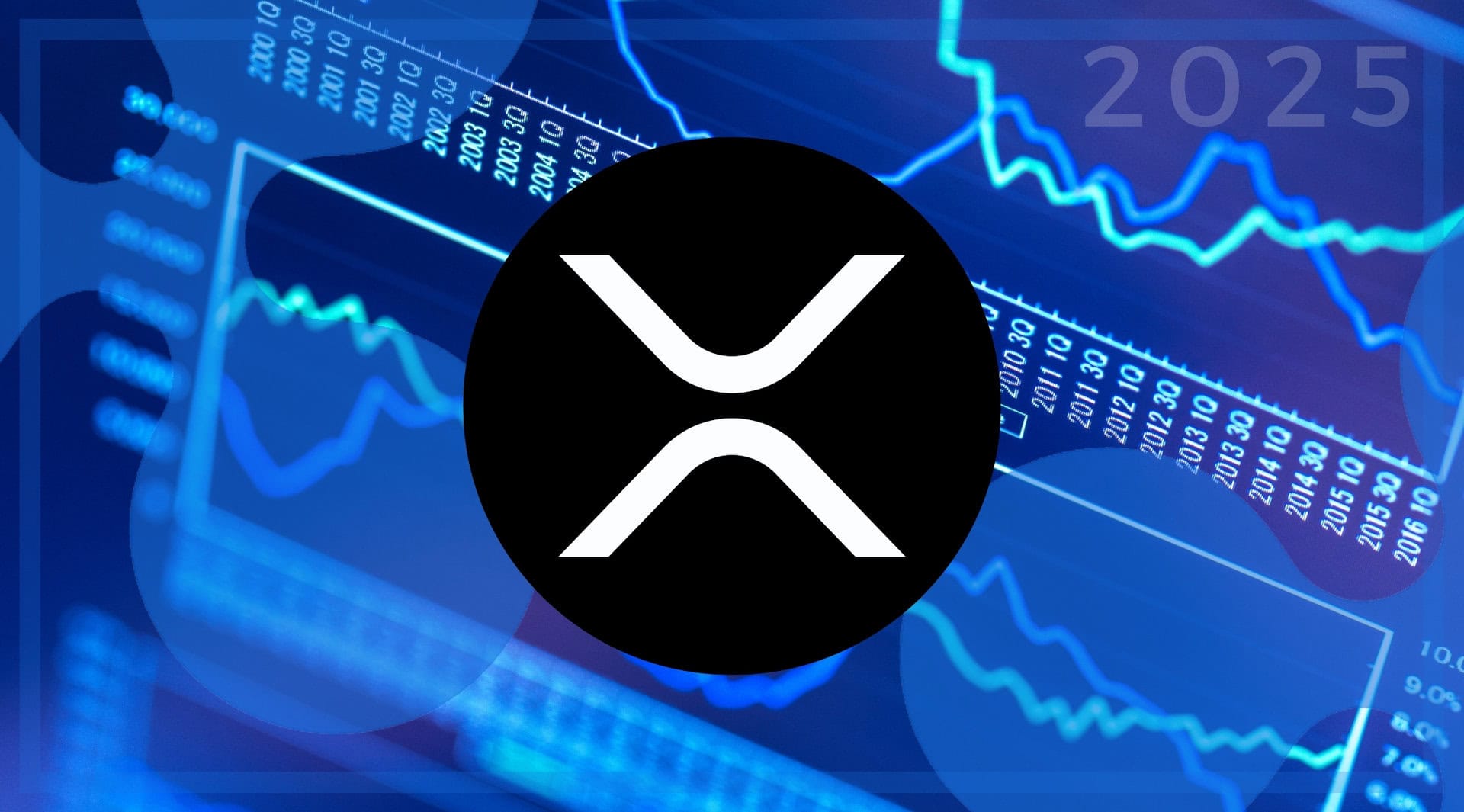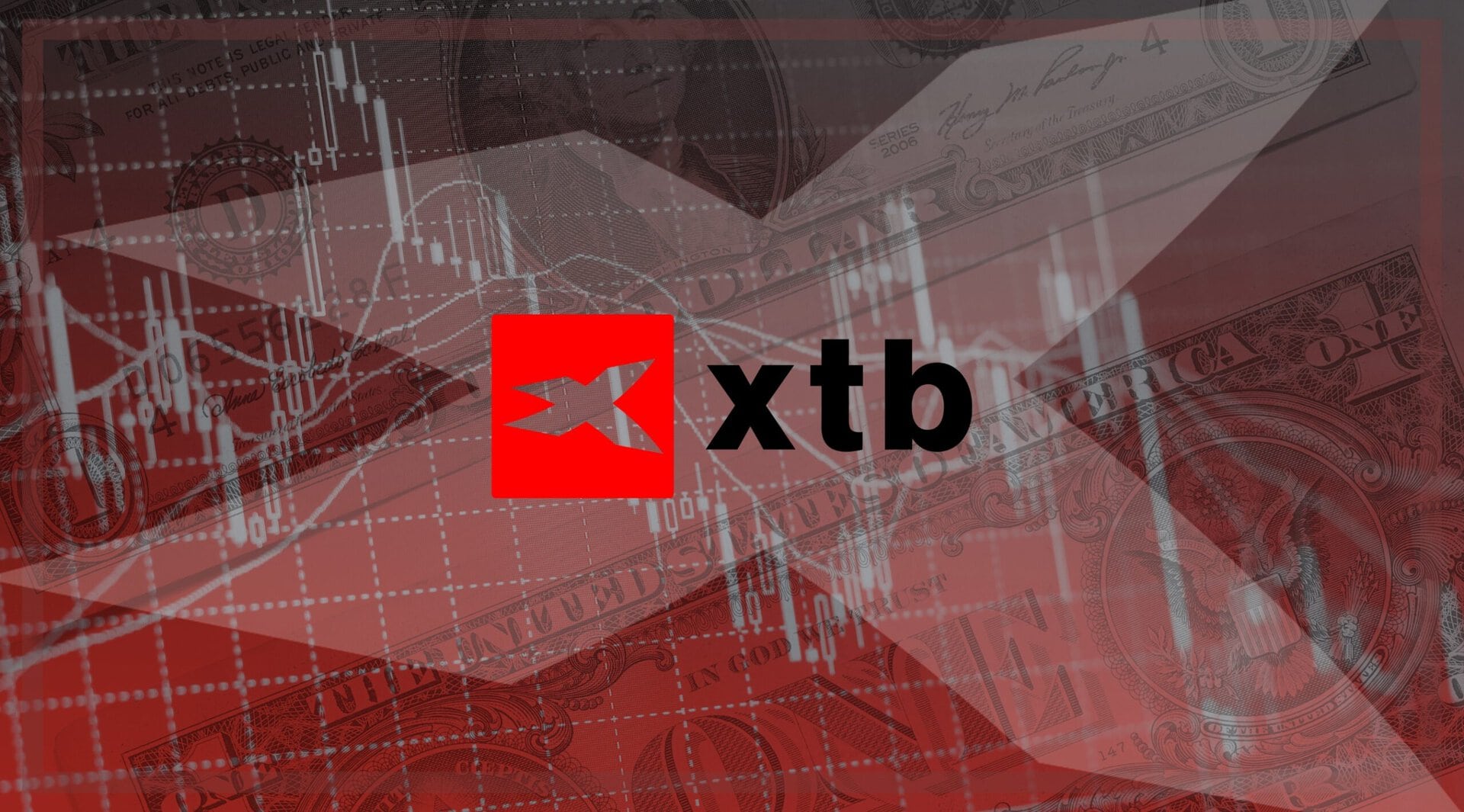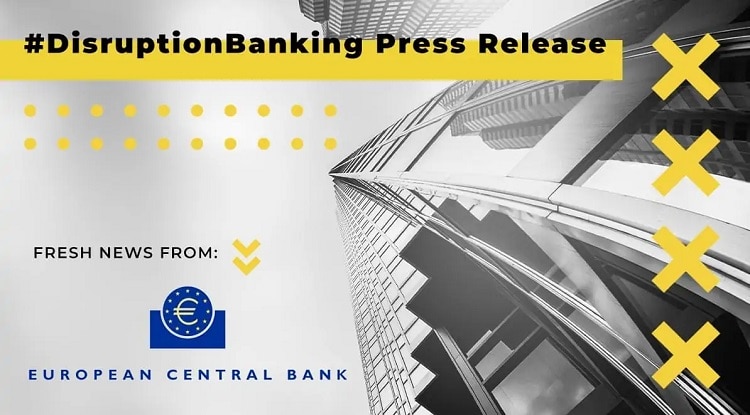Data compiled by global investment platform Partech shows that venture capital funding in Africa’s tech ecosystem went up by 8% last year, surpassing the record set in 2021 and totalling $6.5 billion.
Africa’s growth coincided with a decline in dealmaking and fundraising across most major markets. The deal count in the United States, for example, declined by 14% in 2022 compared to the previous year, with the deal value down 30%. Amid global economic uncertainty – rising interest rates, geopolitical tension everywhere from Ukraine to Taiwan, supply chain vulnerabilities, and weak public markets performance – most markets have experienced a slowdown in capital deployment.
#SaudiArabia's growth came at a time when deals in major Western markets, including the US, declined significantly. The deal count in the US declined by 14% compared to 2021, with deal value down 30%. #venturecapitalhttps://t.co/0jLWgzG7nZ
— #DisruptionBanking (@DisruptionBank) January 19, 2023
Macro Conditions
Africa has also experienced many of these issues and, in fact, has been hit particularly hard by several macro condtions. Rising interest rates have made debt repayments more expensive and pushed some African countries, including Zambia and Chad, into serious debt crises. The war in Ukraine has help fuel increased inflation for essential goods, particularly in North Africa, a region which is dependent on Ukrainian and Russian grain. A stronger dollar has further fuelled inflation by depreciating the value of local currencies and therefore making imports more costly in dollar terms.
It is a sign of the resiliency of Africa’s tech ecosystem that another record was set despite these conditions. It was not only another record year for VC funding, but debt funding doubled compared to 2021. While there was a slight decline of 6% in the number of equity rounds, more than 1,000 unique investors invested in Africa – in a sign of how attractive African markets are becoming to a broader range of international players.
Role of Fintech
While funding for fintech companies saw steep declines – with funding down over 40% – they continued to be one of the most important driving forces in the ecosystem. In 2022, fintech companies were again the most funded sector in Africa, with 39% of concluded deals involving fintechs.
According to William Phelps, an investment manager at venture capital fund Adaverse in Lagos, believes that the strength and resilience of Africa’s tech ecosystem can be explained by the fact that tech companies on the continent have a greater focus on solving real-life issues. “Africa’s start-up and VC ecosystem is unique in addressing real problems with real solutions,” Phelps told Disruption Banking. “The ability of African founders to solve living pain points allows companies to thrive in times of economic downturn.”
Could African start-ups soon become global giants within the #fintech industry?
— CIGI (@CIGIonline) December 28, 2022
In one of our most-viewed from this year, @hiebertkj and @NhewaTM look at how the future of fintech is unfolding in Africa: https://t.co/KVDOF51elR pic.twitter.com/hM96Vhp7EH
The Year Ahead
It is unlikely that these numbers will be sustained or surpassed in 2023. Global inflationary pressures, tightening monetary policies, and slower growth rates are creating an increasingly challenging picture for both investors and start-ups in Africa and around the world. There are already signs that this will hit VC funding in Africa: after a very strong start to 2022, deals started to decline in the second half of the year. The third quarter was particularly bad, which saw a year-on-year decrease in deals and funding raised.
However, a record funding year in 2022 should give investors confidence that the African tech ecosystem is well placed to navigate these challenges. As Phelps indicated, many start-ups in Africa have particular value because they are solving problems that continue to exist – and perhaps even get worse – during economic turbulence. Should this continue to be the case, VC funding in Africa is likely to prove resilient.
Author: Harry Clynch
#Africa #VC #Investments















